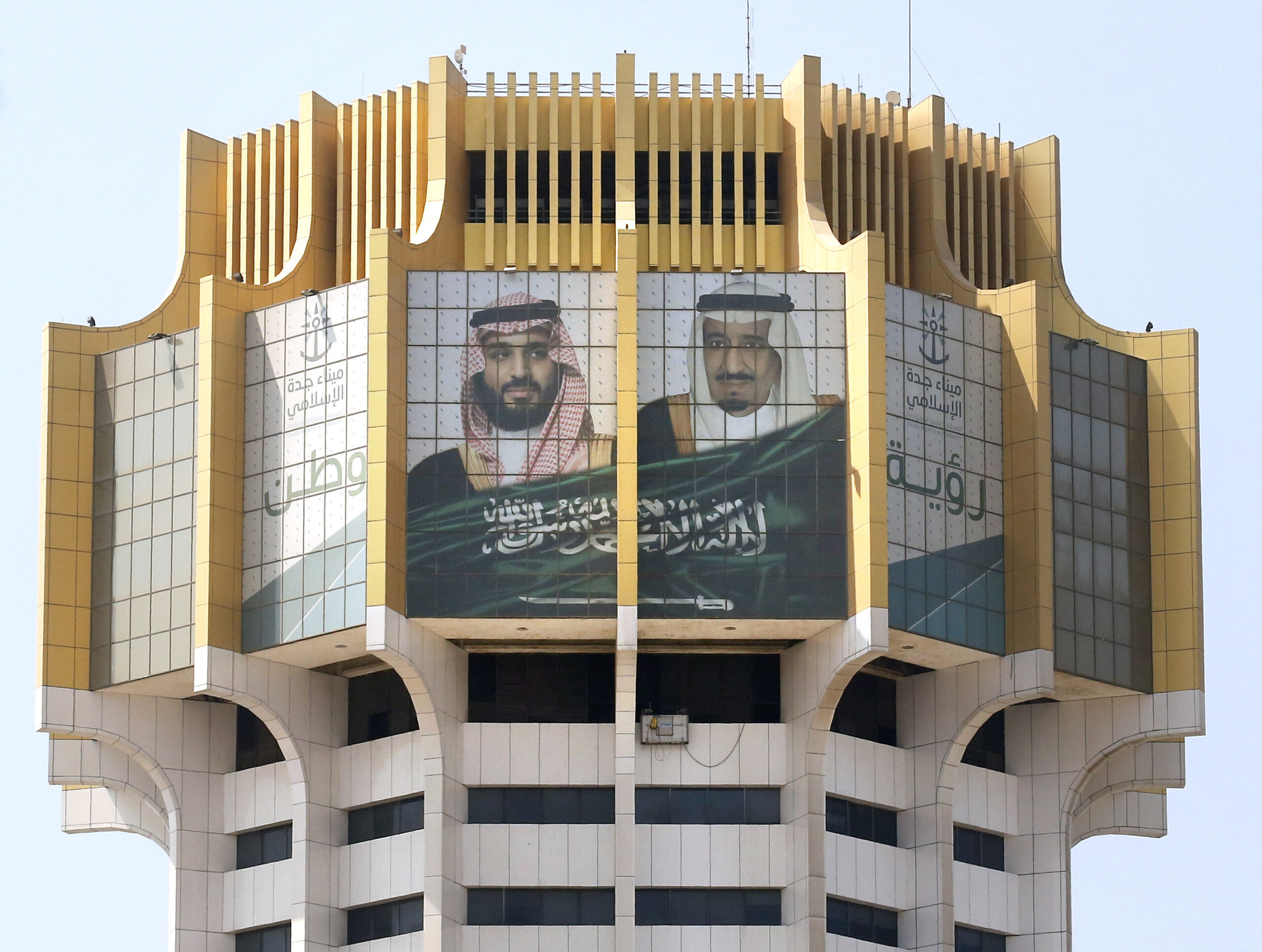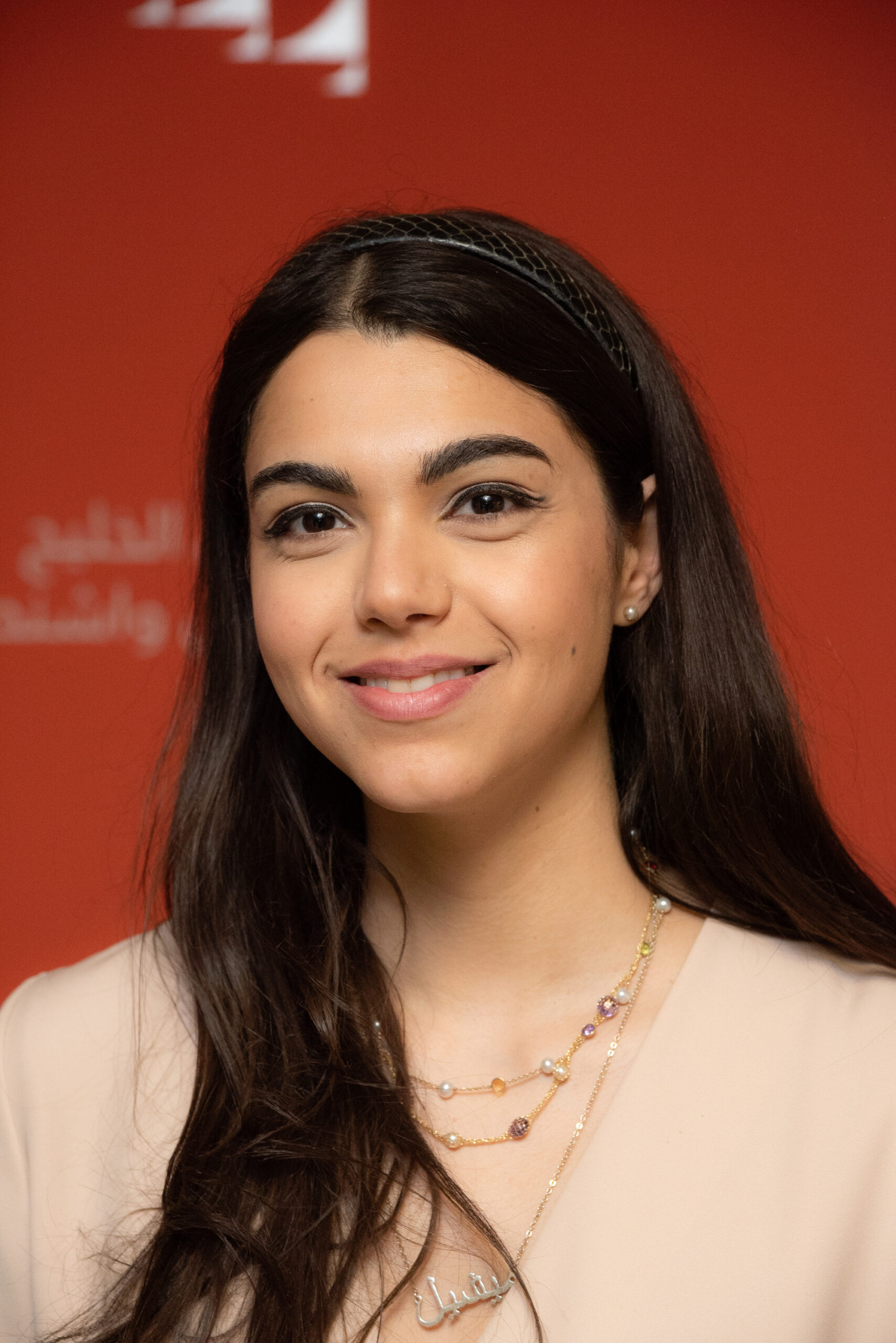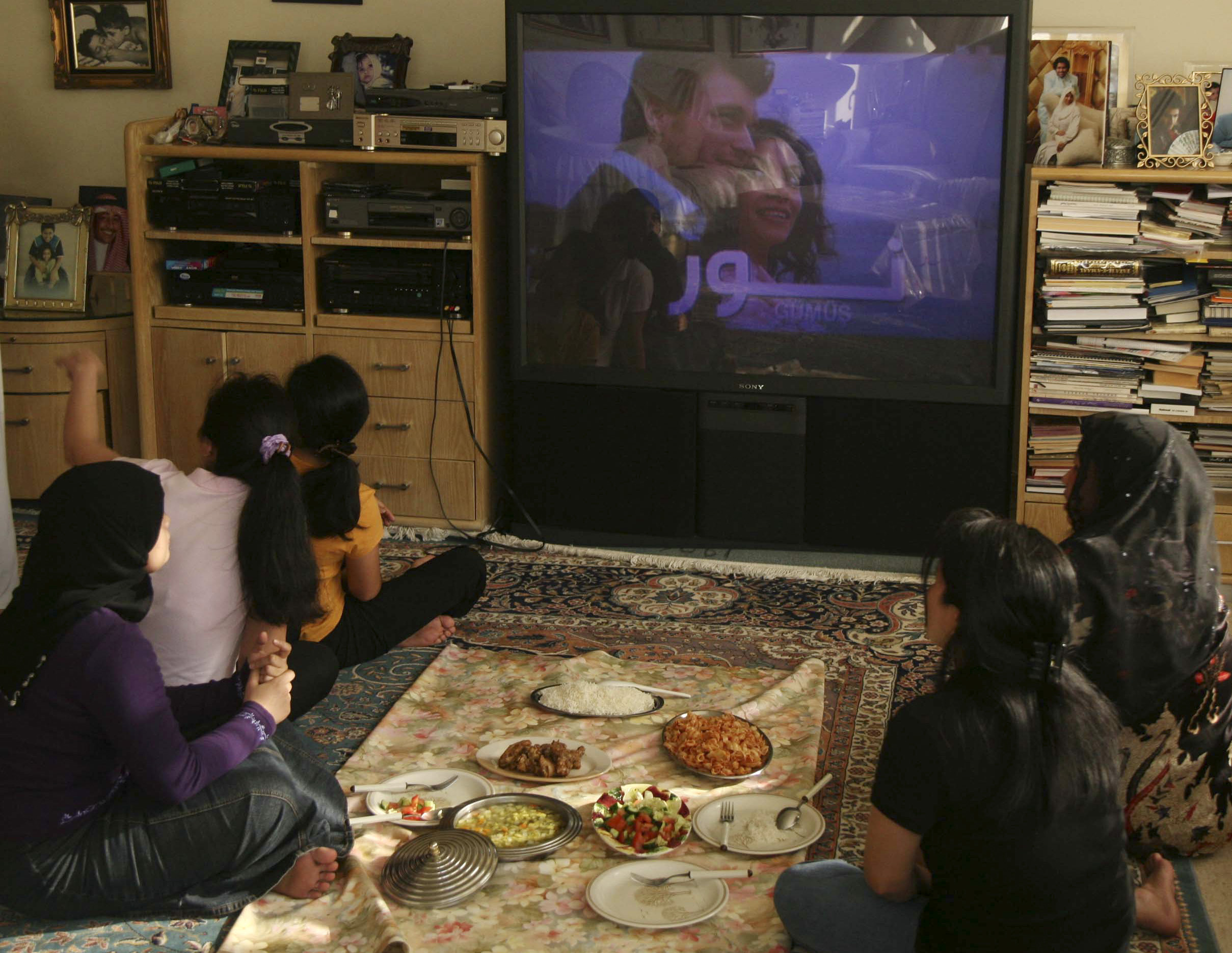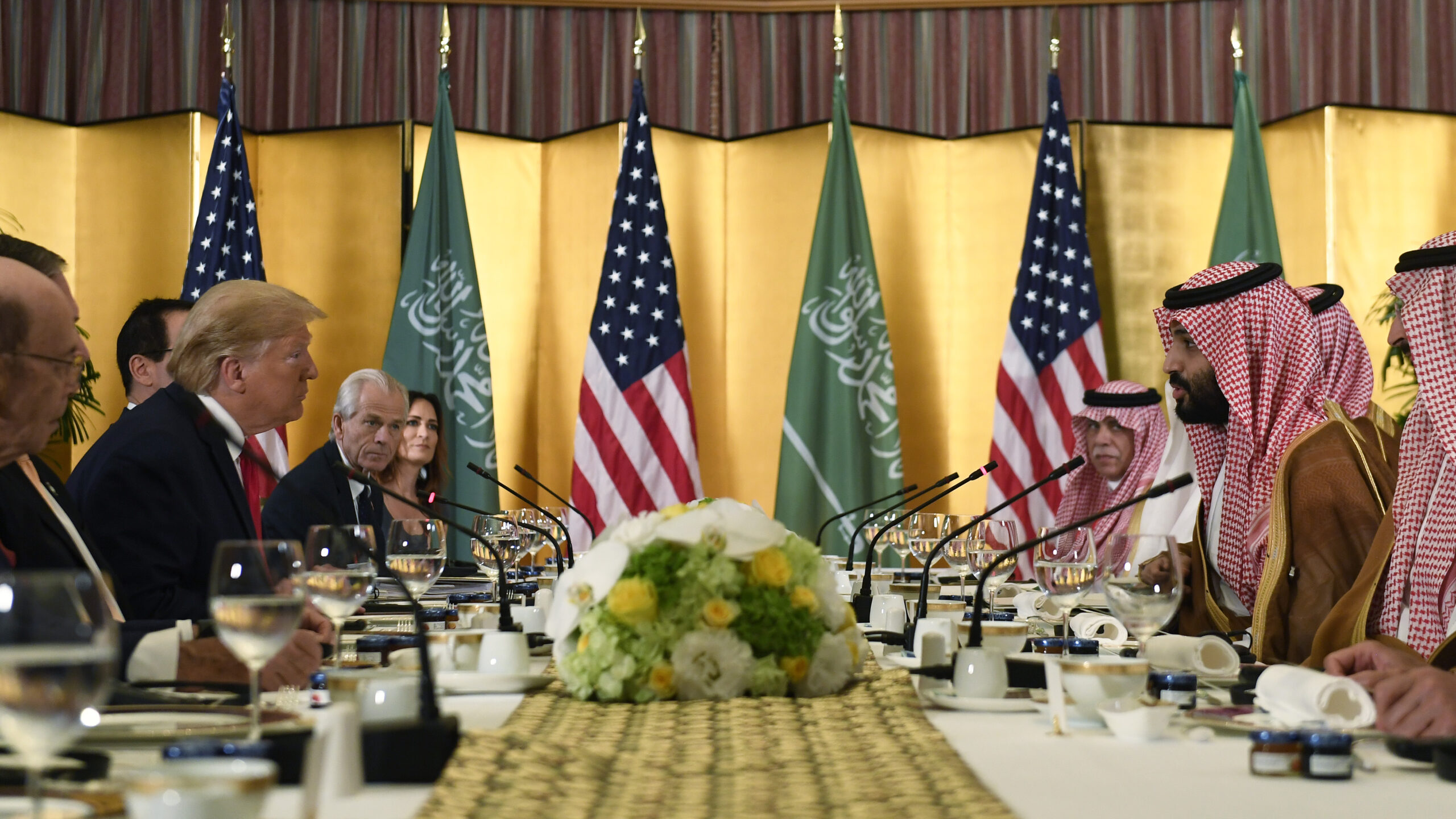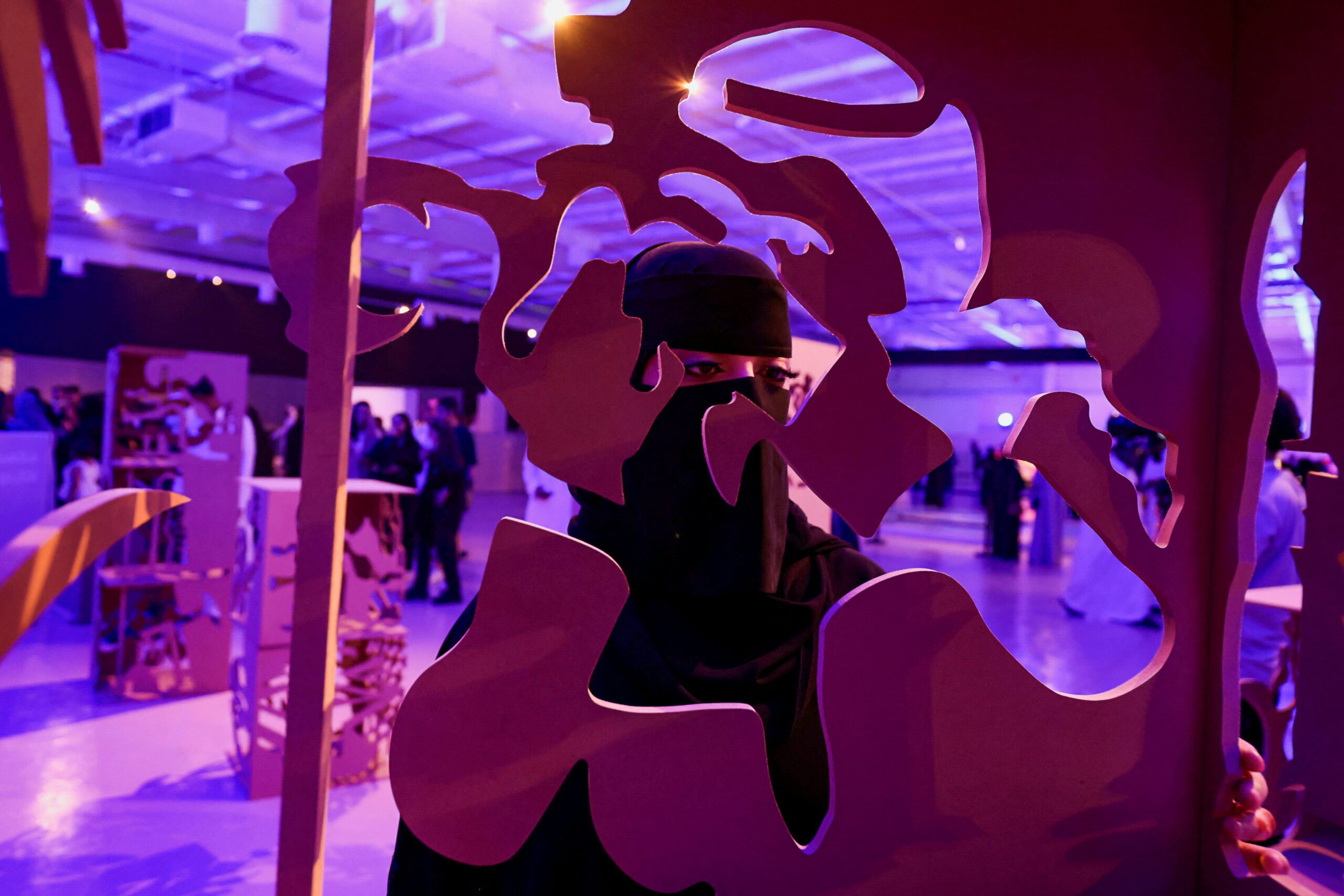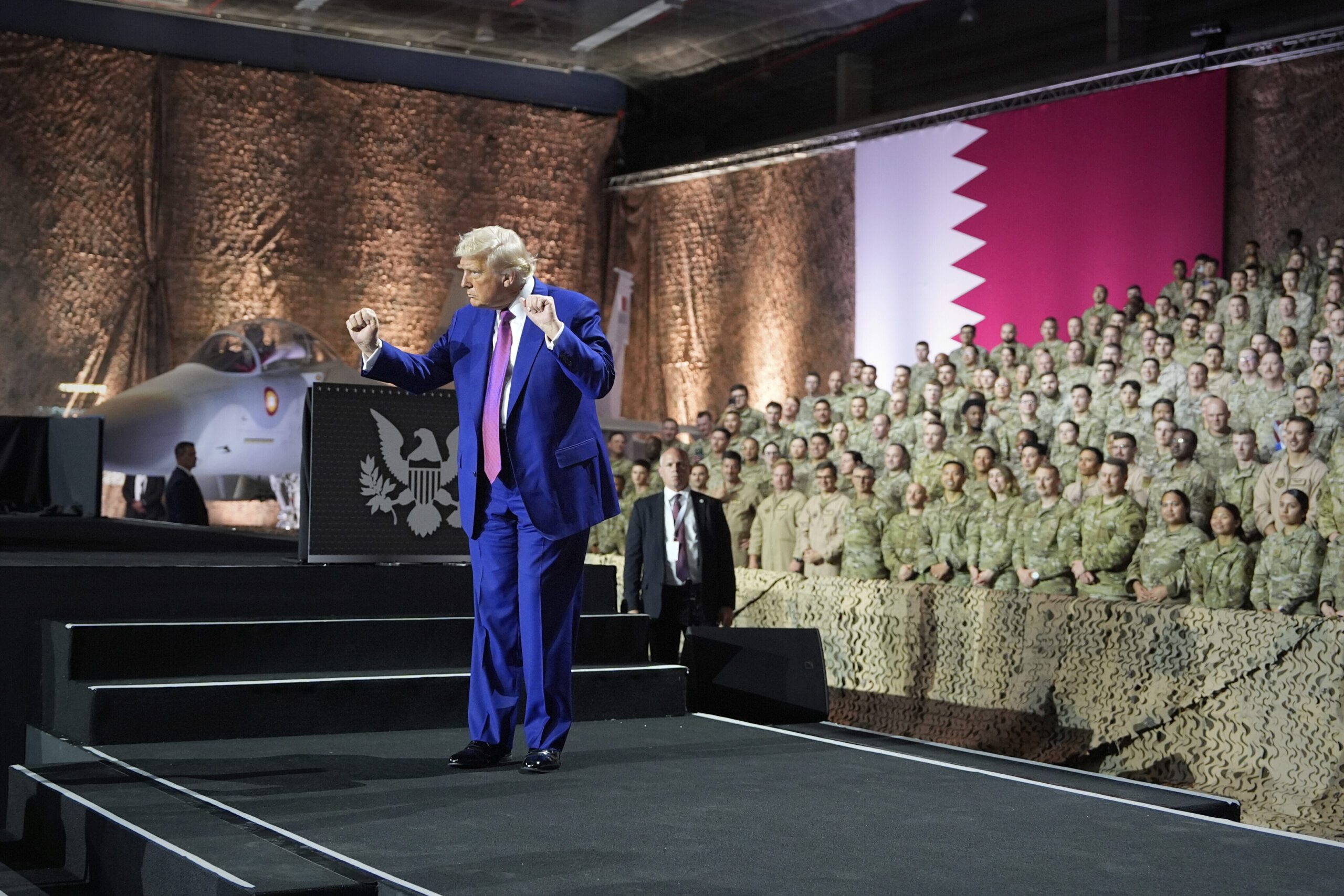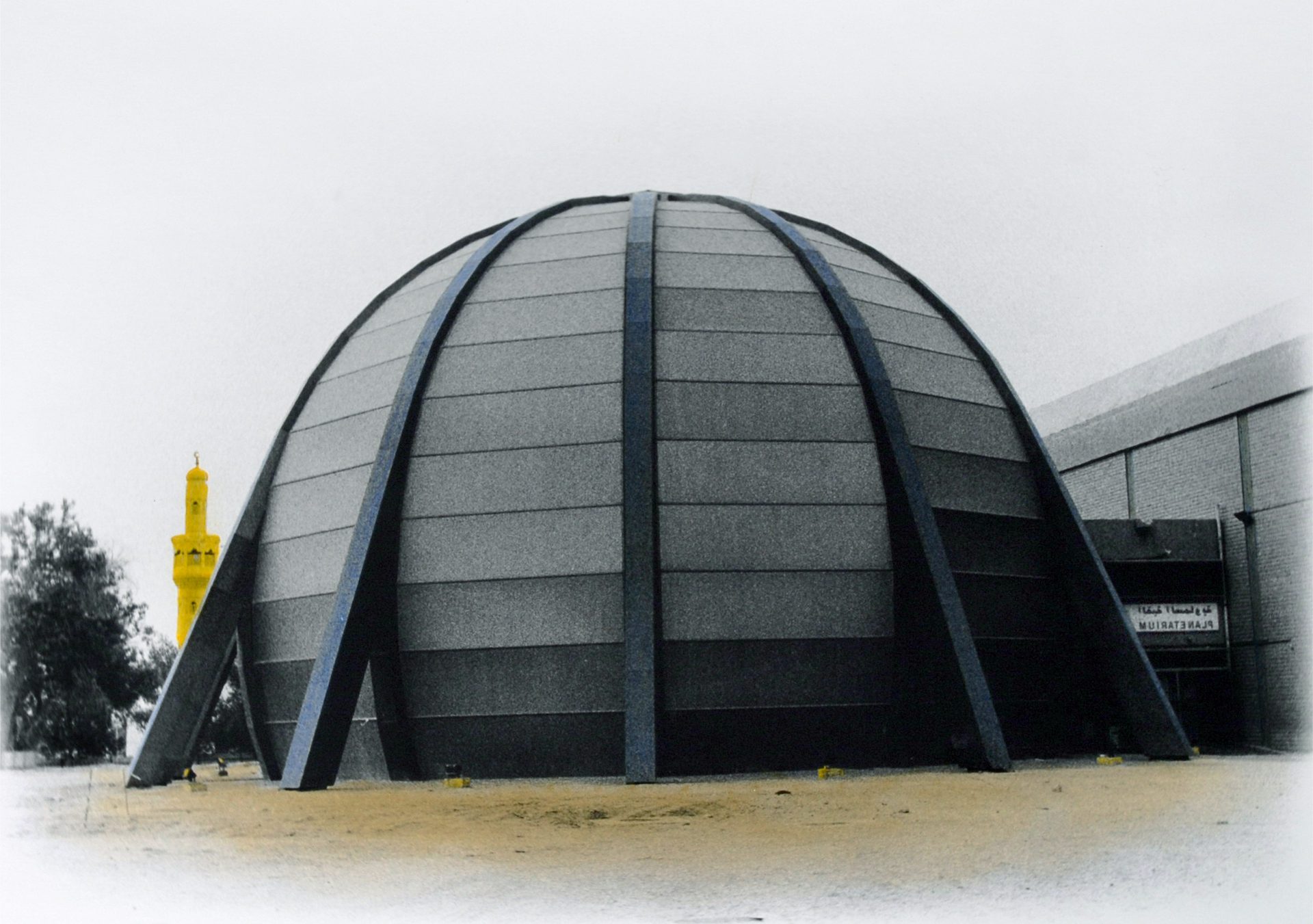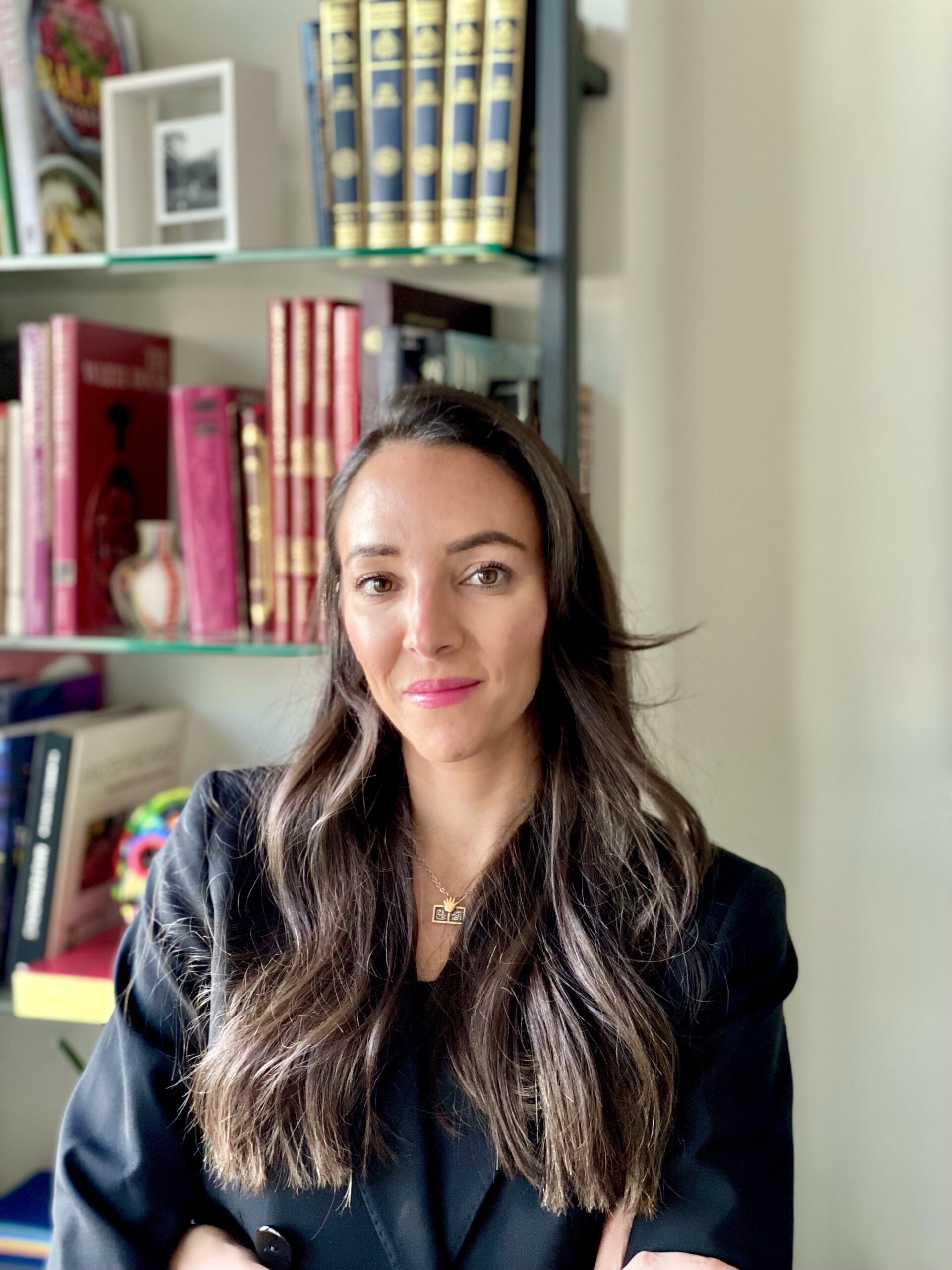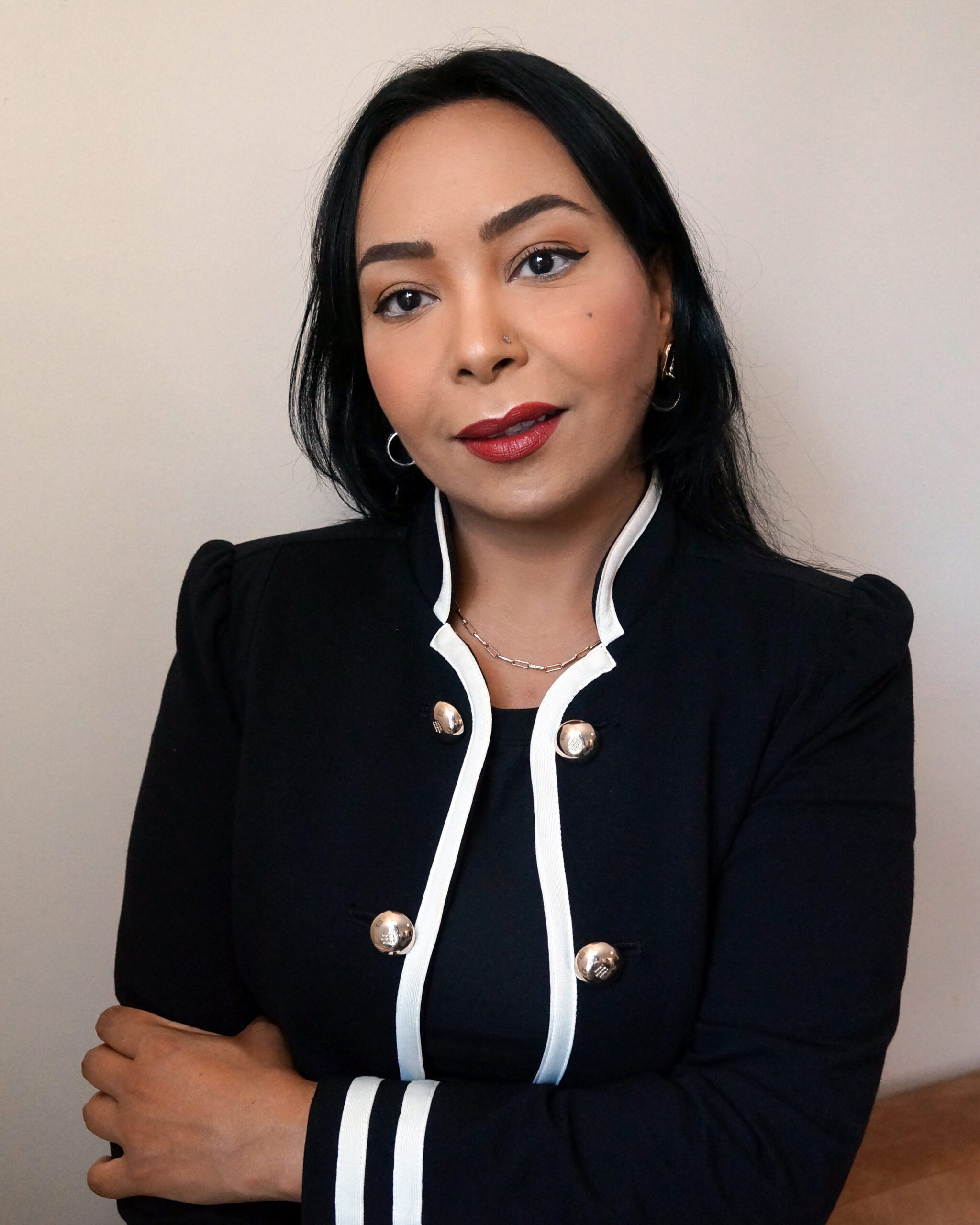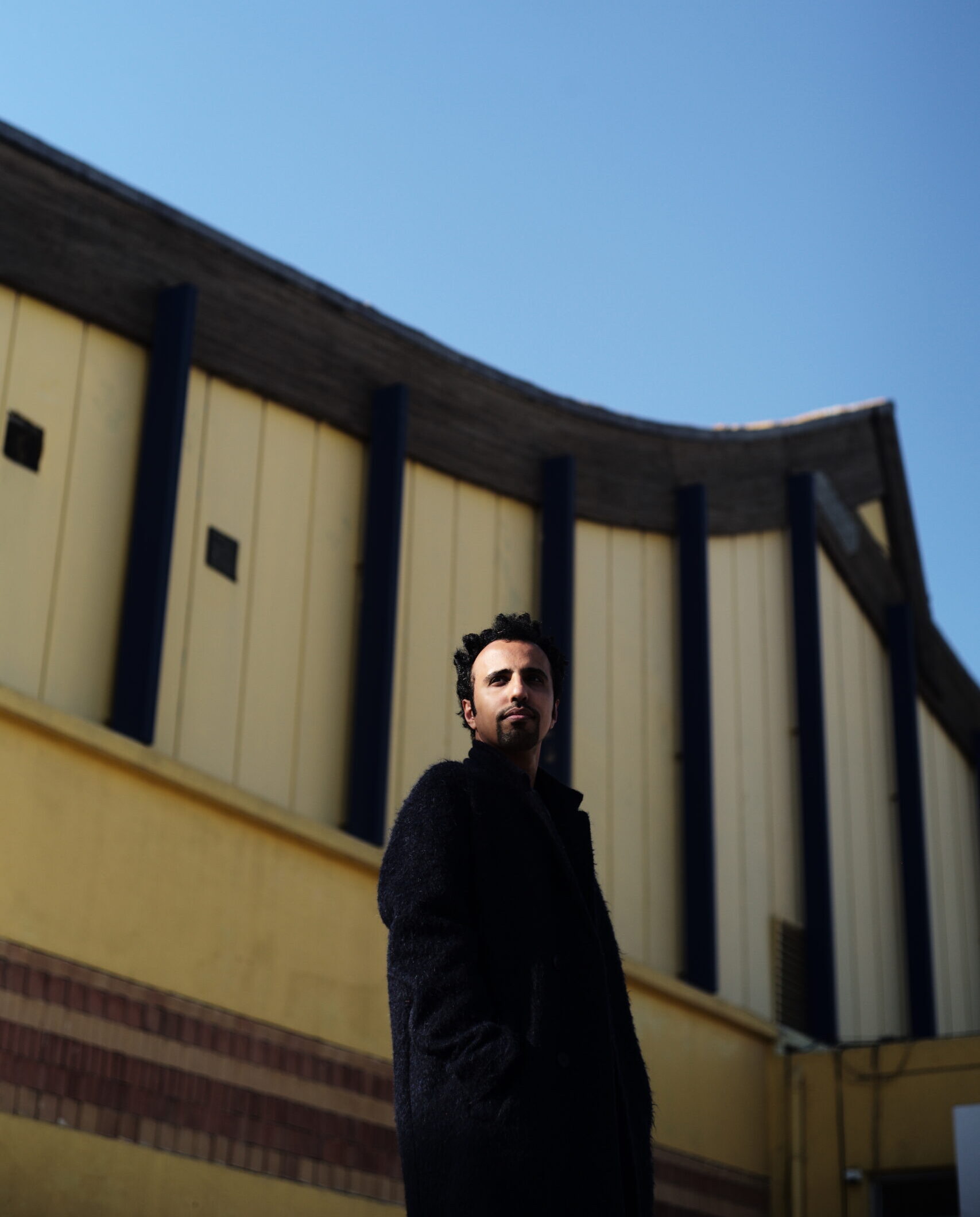Max Weber in Arabia: Saudi’s Character Enrichment Program
As the Saudi government manages the fallout from collapsing oil revenue, it will be seeking greater contributions from the Saudi public. A little-known program to instill the productive values of entrepreneurship, hard work, and optimism may have found its moment.
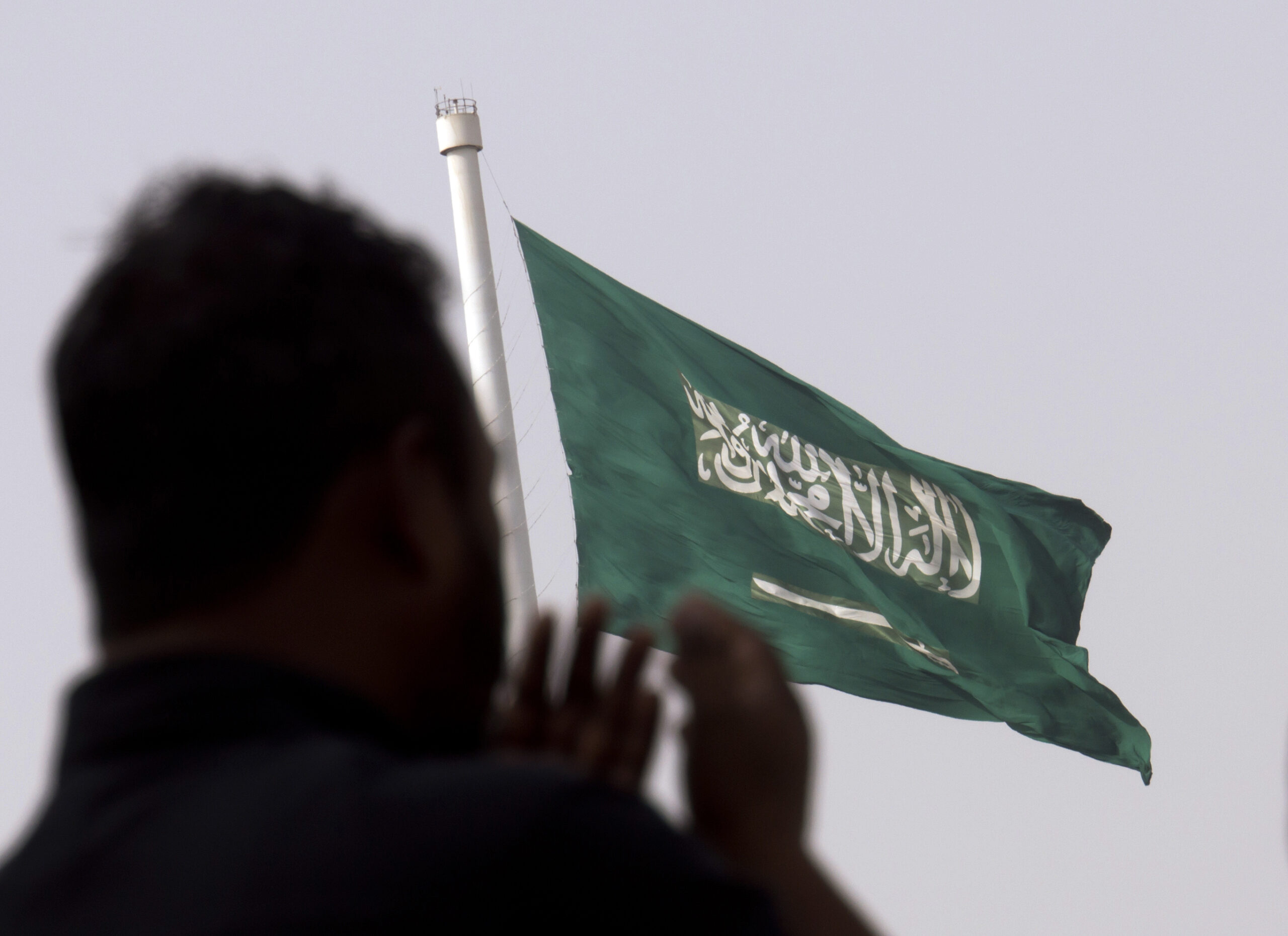
As Saudi Arabia faces the twin crises of the coronavirus pandemic and its aftereffects in plummeting demand for oil, its leadership is taking tough economic measures. Minister of Finance Mohammed Al-Jadaan warned the Saudi public that the government would take extreme steps to reduce spending and protect government finances, and he has been true to his word. On May 11, the government announced a tripling of the value-added tax and the repeal of a cost of living allowance for government workers. Meanwhile, the position of Saudis working in the private sector has become more tenuous, as the non-oil sector suffers from measures to mitigate the pandemic.
The more stringent demands of austerity will likely see a revival of a narrative begun when Crown Prince Mohammed bin Salman first launched the Saudi Vision 2030 agenda pledging to remake the Saudi economy and society. His first interview harkened back to Saudi Arabia’s founding generation, who built the country without the benefit of abundant oil revenue. That message has become diluted as social reforms have taken center stage, often pursued through flashy public spectacles and entertainment ventures. The reversal in economic fortunes may require a resumption of the founders’ more austere narrative, however.
At the forefront of this effort to instill more enterprising values is a little-known program of Saudi Vision 2030: the Saudi Character Enrichment Program. Here, Islam is presented not in creedal but rather in motivational tenets: moderation and tolerance, excellence and discipline, equity and transparency, and determination and perseverance. Designed to shepherd Saudis no longer guided by the harsh discipline of religious police, it reads like an Islamic version of the “Protestant Ethic” depicted in sociologist Max Weber’s classic treatise. As young Saudis face a new future with more social freedom but less wealth, will the “Spirit of Capitalism” prevail over the paternalistic ethos that preceded it?
Vision 2030 and National Character
One might question the daily relevance to Saudi citizens of a planning document generated with the help of foreign consultants. Yet Saudi Vision 2030 is not buried within some file cabinet within the Saudi bureaucracy. It is the roadmap for the crown prince’s new Arabia and is treated with reverence and promoted to the public via a multifaceted communications strategy. Its finer points have been discussed in the Saudi media and condensed into visuals tweeted by social media influencers. A primer of its programs has been integrated into Saudi Arabia’s new textbooks. There has even been a game show on Saudi television that tests contestants’ knowledge of the vision plan.
The purview of Saudi Vision 2030 reaches well beyond the economy, delineating not only economic reforms but improvements in quality of life and support for nation building. Indeed, the very first of the six strategic objectives mapped out in the vision concerns the strengthening of “Islamic and National Identity.” To accomplish this agenda, the Saudi government established the Saudi Character Enrichment Program.
This social engineering project directly targets young Saudis to cultivate “a cohesive and effective generation that is politically, economically, and morally oriented toward the Kingdom of Saudi Arabia.” It sets out to strengthen Islamic and national identity, but it takes a tack that diverges sharply from a traditional Saudi moral focused on creedal tenets and religious restrictions. Instead, the program seeks “to strengthen the values of entrepreneurship, generosity, volunteering, excellence, hard work, ambition and optimism.” It’s youth-centric policies aspire to wed work ethics to the values of Saudi Arabia.
In truth, a program to adapt Islamic values to those of the marketplace is not new. Scholars have long noted this strain of “pious neoliberalism” seeking to reconfigure Islamic life more in line with productivity and economic rationality. What is distinctive in the Saudi approach is its connection to a national character, an approach inaugurated by the leadership in the United Arab Emirates and analyzed by the work of Calvert Jones, “Bedouins into Bourgeois: Remaking Citizens for Globalization.” Yet, while the Emirati leadership was working in a space at least partly shaped by global and entrepreneurial Dubai, the Saudi state and society have been shaped by a different configuration of religion, state, and economy. Saudi Vision 2030 must reckon with a religious tradition that has generated greater suspicion of foreign influences as well as the pervasive paternalism of the Al Saud family.
In 2017, this new entrepreneurial education was evident. A Values Summit organized by an nongovernmental organization affiliated with Mohammed bin Salman’s MISK institute, the Al-Ghad Values Center – since renamed the Al-Ghad Youth Association – took place, was well attended by young Saudis, and received extensive coverage in the media. The nationalist spirit was evident as every attendee was given a hardcover book of letters by prominent people thanking the Saudi troops fighting in Yemen. Yet rather than nationalist appeals or Islamic incantations, the evening’s program was steeped in management jargon, promoting values linked to productivity and discussing the psychology behind keeping employees engaged. The event had the feel of a company retreat but directed at a whole country.
This character development project enjoys high-level royal patronage. A source close to the royal court said this is a pet issue of Khalid bin Salman, the current deputy defense minister and brother of the crown prince. It is interesting to see other royals reinforcing this new narrative and offering themselves as role models of these new national values. In a video circulated via his personal Twitter feed, Prince Walid bin Talal reminisces about the 40 years of his Kingdom Holding enterprise, presenting its very modest beginnings in a small three-room building. In the video, he stresses his hard work and initiative, “We didn’t have weekends; we worked every day. We didn’t even have Ramadan or hajj holidays.” In recounting to an entourage of young Saudi men and women his early failures, losing his full capital a number of times before earning profits, the Saudi royal improbably models the resilience of the start-up culture the country is encouraging.
Paternalism Versus Private Initiative
The Saudi Character Enrichment Program is in the early days of implementation. The moment is ripe as the country adapts to the inevitable shift from national celebration to greater austerity. Yet, in the midst of the coronavirus pandemic, Saudi Arabia is at odds with itself. In some ways, the old incentives of the rentier state and the paternalistic values most associated with the king are being strengthened. The current crisis has demonstrated the advantage of a secure public sector job and the vagaries of the private sector, notwithstanding the steps taken by the state to protect nationals working there. Saudi opinion makers have been eager to remind Saudis of their special bond with the state and its leadership: “The government of the Kingdom of Saudi Arabia is more protective of its citizens than any in the world, in line with the teachings of Islam and due to the close ties between the shepherd and his flock.”
The finance minister’s remarks suggest the state will continue to protect Saudis in the public sector. But that sends a very different message than the valorization of young and creative entrepreneurs needed to expand the non-oil economy. While the state has earmarked specific funds for small- and medium-sized enterprises impacted by the pandemic, other state spending cuts will result in fewer opportunities for new graduates who are already experiencing difficulties finding employment, as evidenced by social media hashtag campaigns, such as #تجمع_العاطلين_السعوديين, or “gathering of unemployed Saudis,” which has been running for over 200 days. While more needed than ever, indoctrinating young Saudis into the values of hard work, ambition, and optimism in a steep economic downturn may be a tough sell.
The views represented herein are the author's or speaker's own and do not necessarily reflect the views of AGSI, its staff, or its board of directors.

